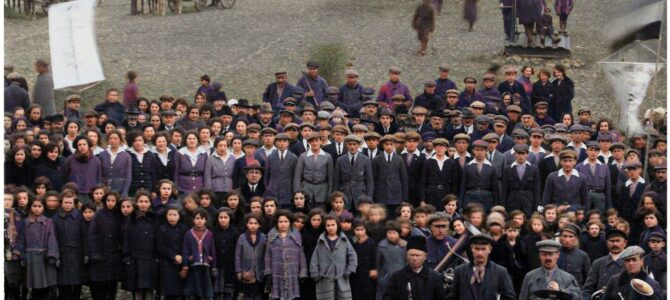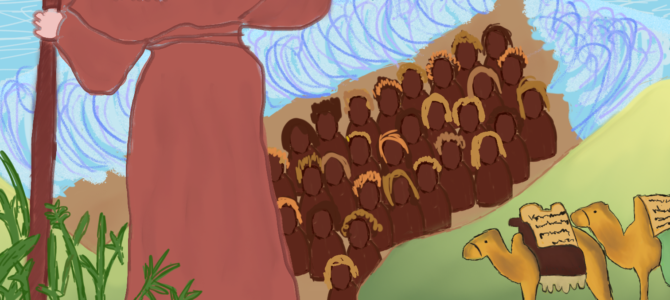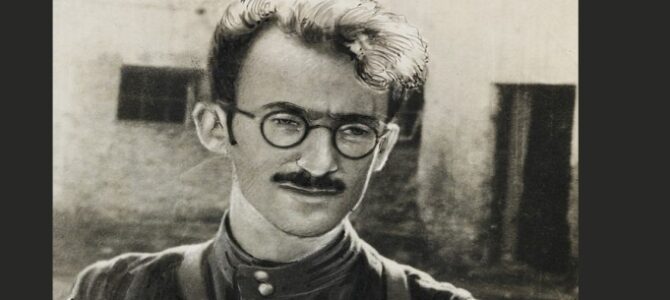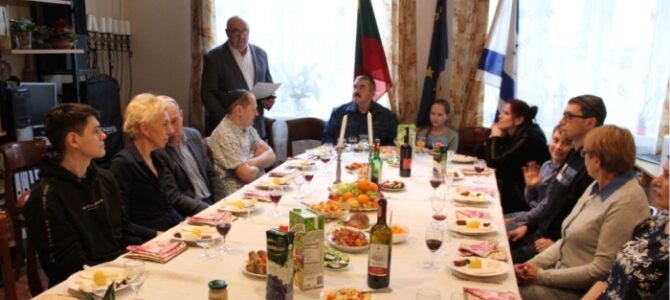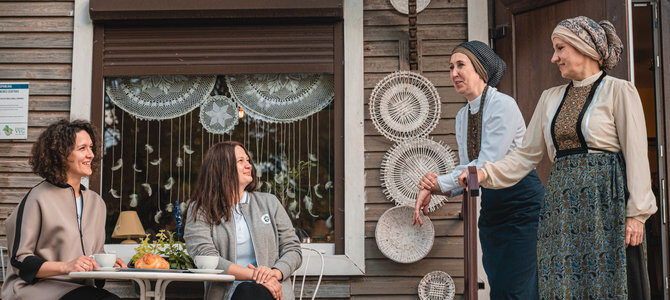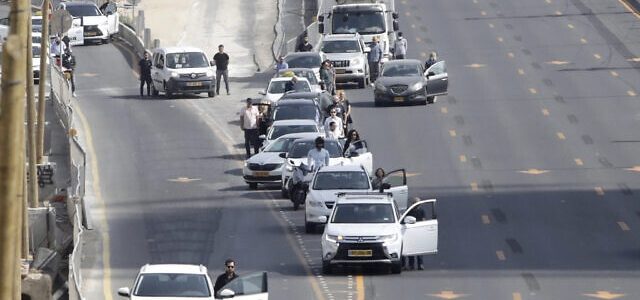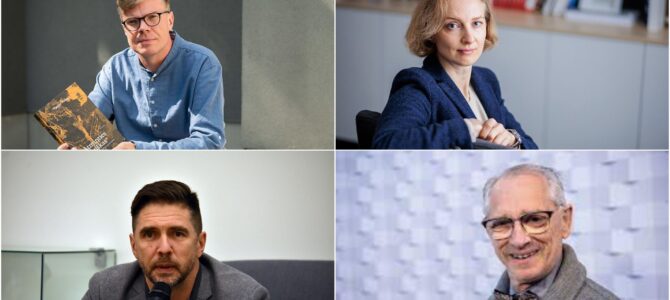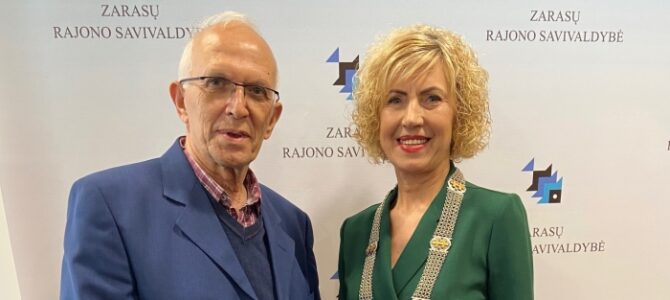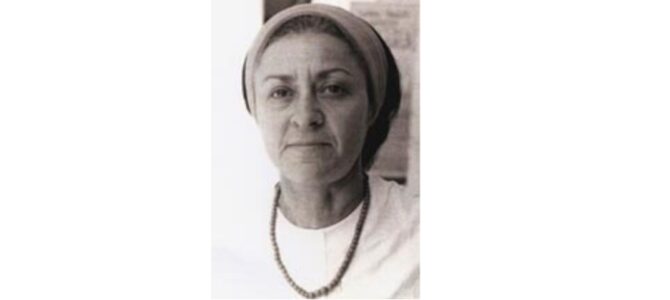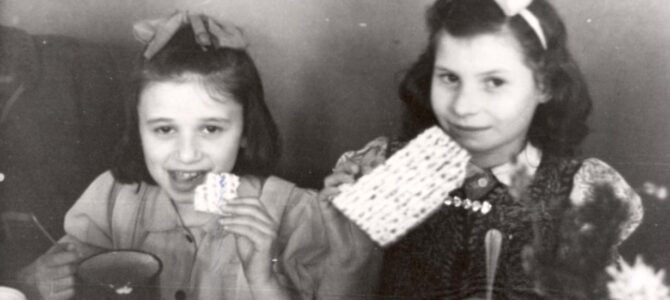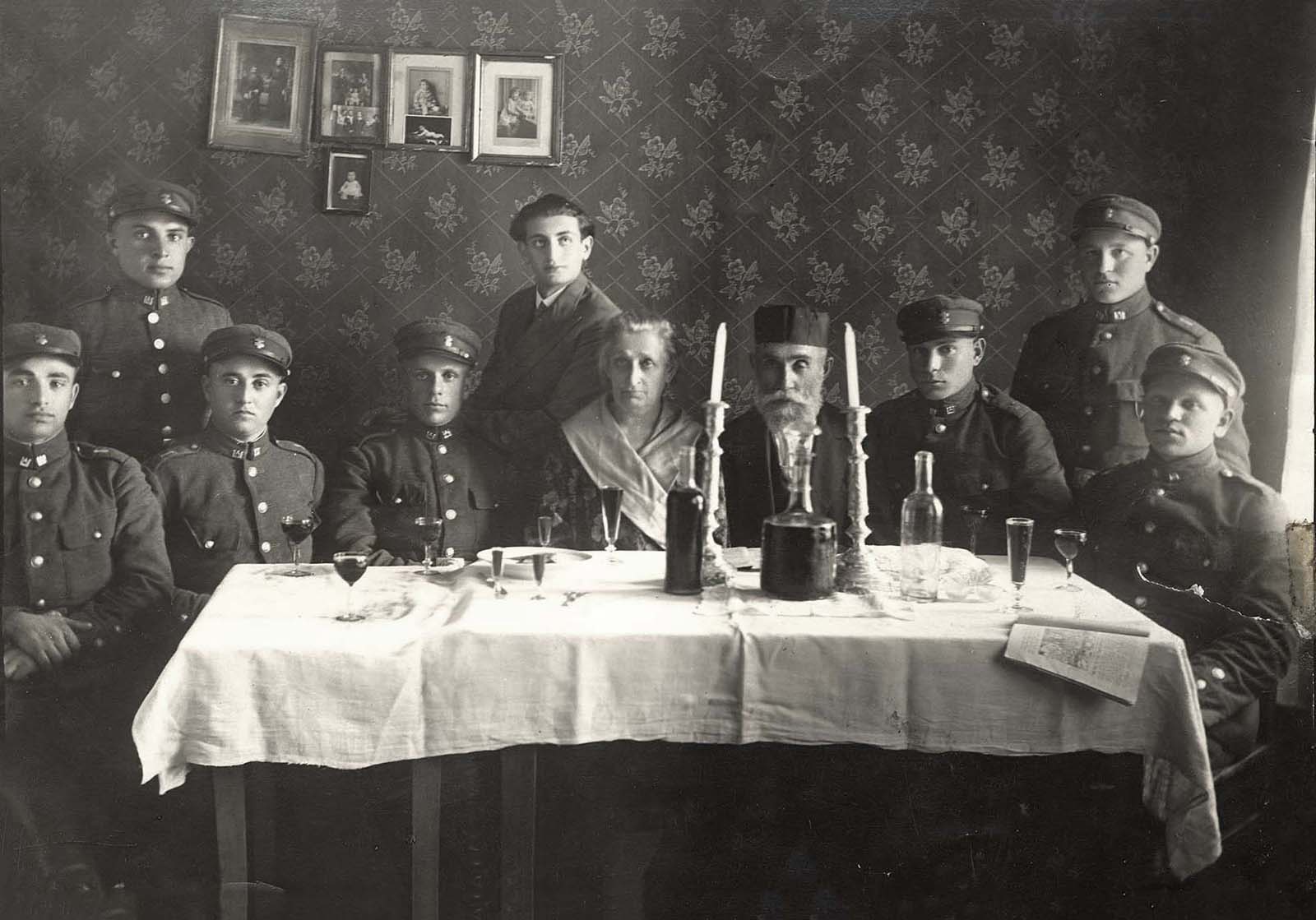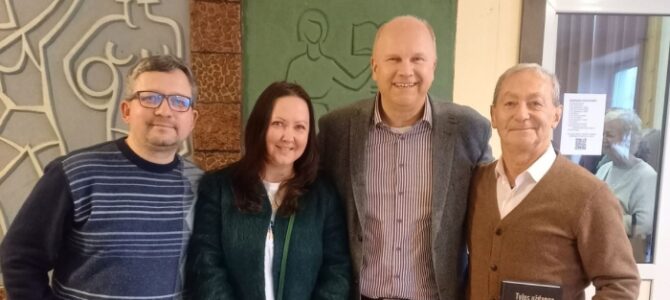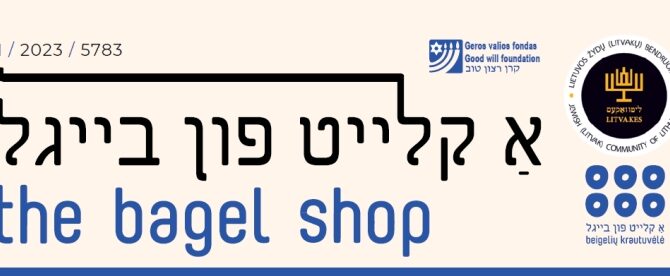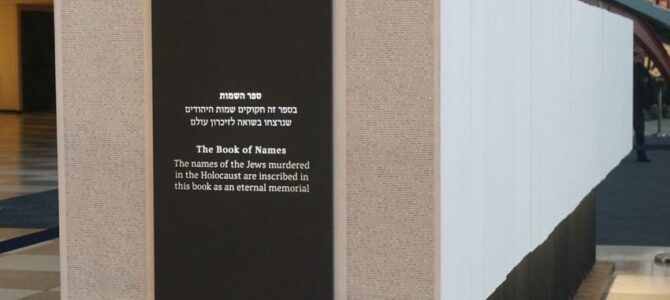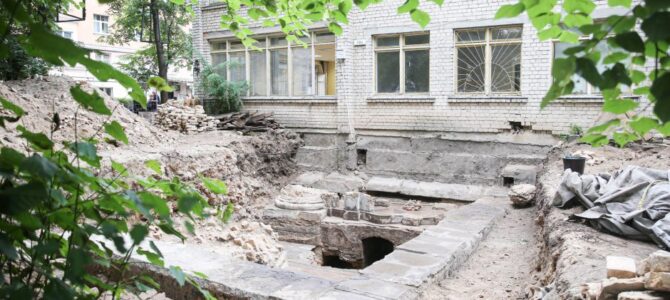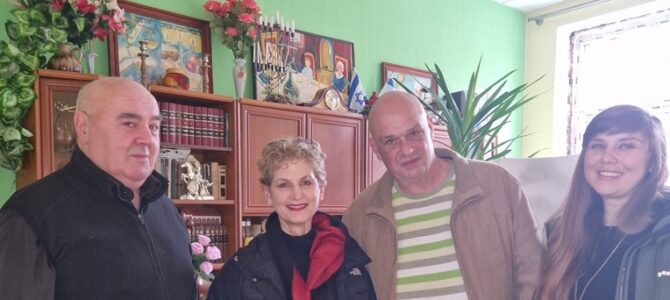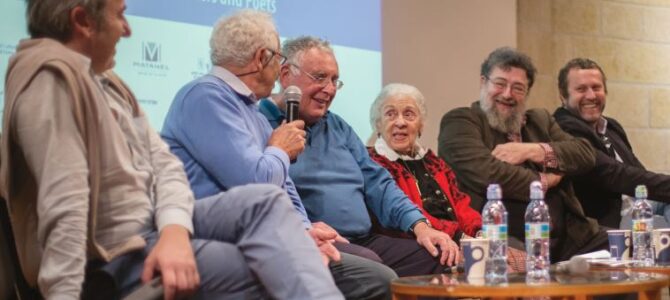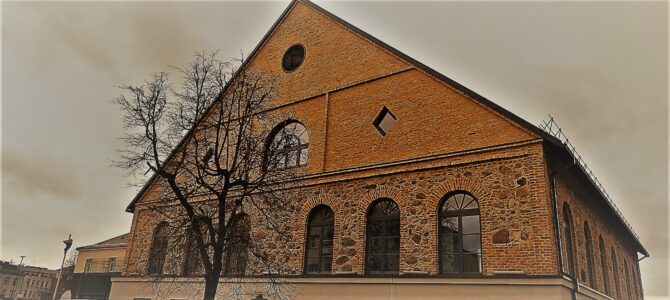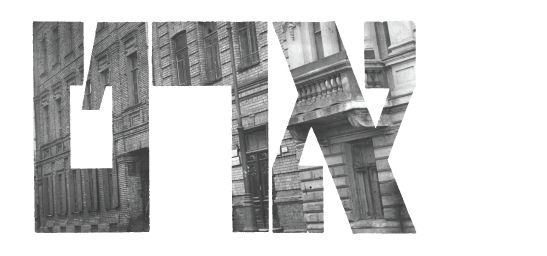
The Lithuanian news website 15min.lt announced they will be showing the Holocaust documentary J’accuse with Lithuanian subtitles on April 17 and 18. The focus of the film is Grant Gochin whose entire family were murdered by the Nazis in Lithuania, and Silvia Foti who published a biography of her grandfather Jonas Noreika, debunking his lionization by post-WWII Lithuanians and revealing his deep collaboration with the Nazis in Holocaust crimes.
The film documents the personal stories of Gochin and Foti in their search for truth and justice, and how their paths came together several years ago, both now demanding accountability and truth from the Lithuanian state in addressing the genocide committed against the Jews in Lithuania during WWII.
Foti’s book is in its second edition in the United States with translations in various languages around the world. Lithuanian publishing house Kitos Knygos is publishing the Lithuanian version of the book.
In the film Gochin talks about his numerous court cases in Lithuania seeking justice for his murdered family members. He talks about the anti-Semitism inherent in the Lithuanian bureaucracy in the first decade after independence from the Soviet Union when he sought Lithuanian citizenship based on family origin, and some of the strange decisions Lithuanian courts made regarding his numerous cases against the Center for the Study of the Genocide and Resistance of Residents of Lithuania to force them to tell the truth about Jonas Noreika. Foti also levels criticism against the Center for hiding the truth about genocide in Lithuania.
The film contains a wealth of photography and stories of Jewish life in Lithuania before the Holocaust. 15min.lt says it is offering its readers the rare opportunity to view the film with the original audio with Lithuanian subtitles for two days exclusively.
Full article in Lithuanian and link to the film here.


